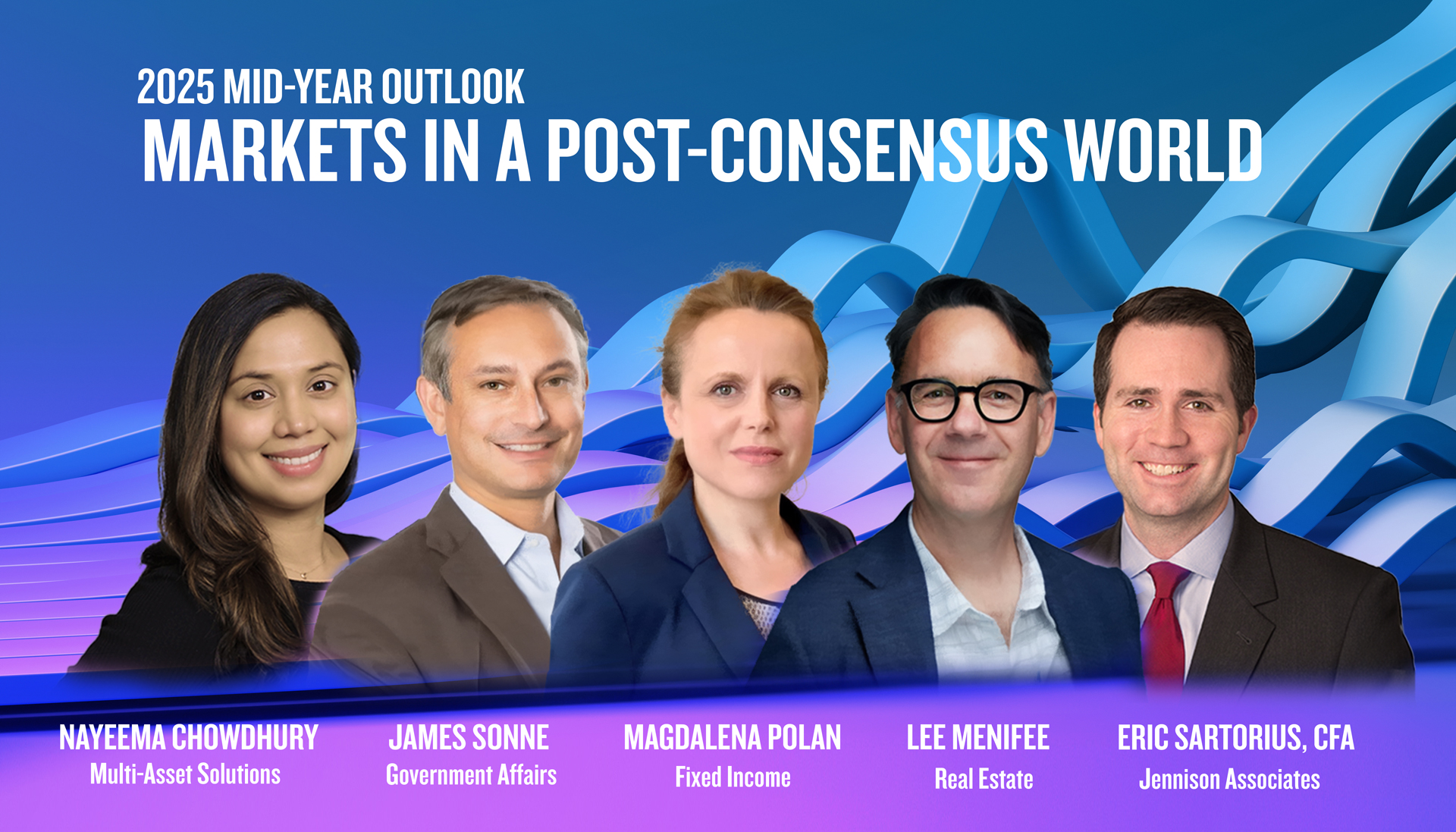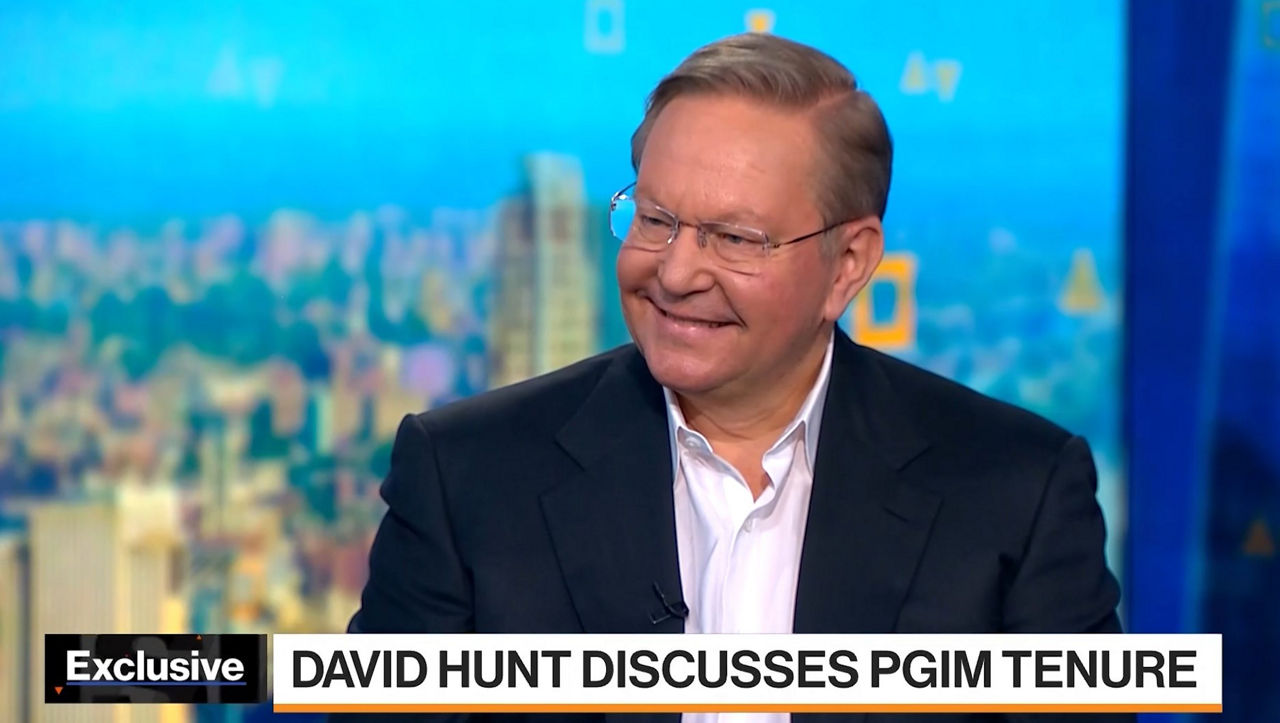Featured insights
-
 Live Webinar RegistrationMarkets in a Post-consensus WorldIn this mid-year outlook, PGIM experts dissect where institutional investors are most exposed to regime lag, and where selective conviction is beginning to reemerge.
Live Webinar RegistrationMarkets in a Post-consensus WorldIn this mid-year outlook, PGIM experts dissect where institutional investors are most exposed to regime lag, and where selective conviction is beginning to reemerge.Read More
-
Credit Convergence: The Blurring of Public and Private CreditPGIM experts discuss investment strategies and portfolio implications across the public and private credit spectrum.
Read More
-
The Convergence of Public and Private CreditLeveraging insights from investment professionals across our businesses, PGIM examines the forces driving convergence between public and private credit.
Read More
$1.39T
#12
200+

A provider of global fixed income solutions.

A fundamental active equity and fixed income manager.

The quantitative investment specialist of PGIM.

Providing integrated solutions across public and private markets with portfolio strategy and asset allocation expertise.

A provider of actively managed investments including mutual funds, ETFs, and UCITs.

A manager of private fixed income and alternative portfolios.

A global manager of real estate equity, debt, and securities investment strategies.
Our Unique Multi-Affiliate Model
PGIM’s affiliates deliver specialized expertise across public and private asset classes, including fixed income, equities, real estate, private credit, and other alternatives.
-
In the NewsDemand for Multi-Asset Solutions is Soaring, Says PGIM’s Phil WaldeckPhil Waldeck, CEO of PGIM Multi-Asset Solutions, sits down with InvestmentNews anchor Gregg Greenberg to explain growing investor interest in multi-asset solutions across both public and private markets.
Read More
-
In the NewsPublic-Private Debt Convergence Puts the Squeeze on Smaller ManagersPGIM’s Phil Waldeck and Gabriel Rivera discuss the convergence of public and private credit in FundFire.
Read More
-
In the NewsPGIM Chairman David Hunt on Expanding Access to Private AlternativesHunt joined Bloomberg TV to reflect on his tenure at PGIM, the firm’s global growth, and the evolution of asset management during his career.
Read More
Subscribe to receive our latest insights
Stay informed on timely market developments, outlooks and industry events.
* Required Fields
Data as of 3/31/25 unless otherwise noted. All Assets Under Management are net unless otherwise noted.





